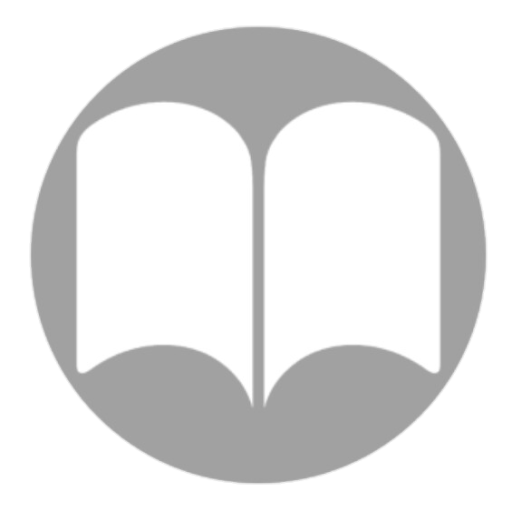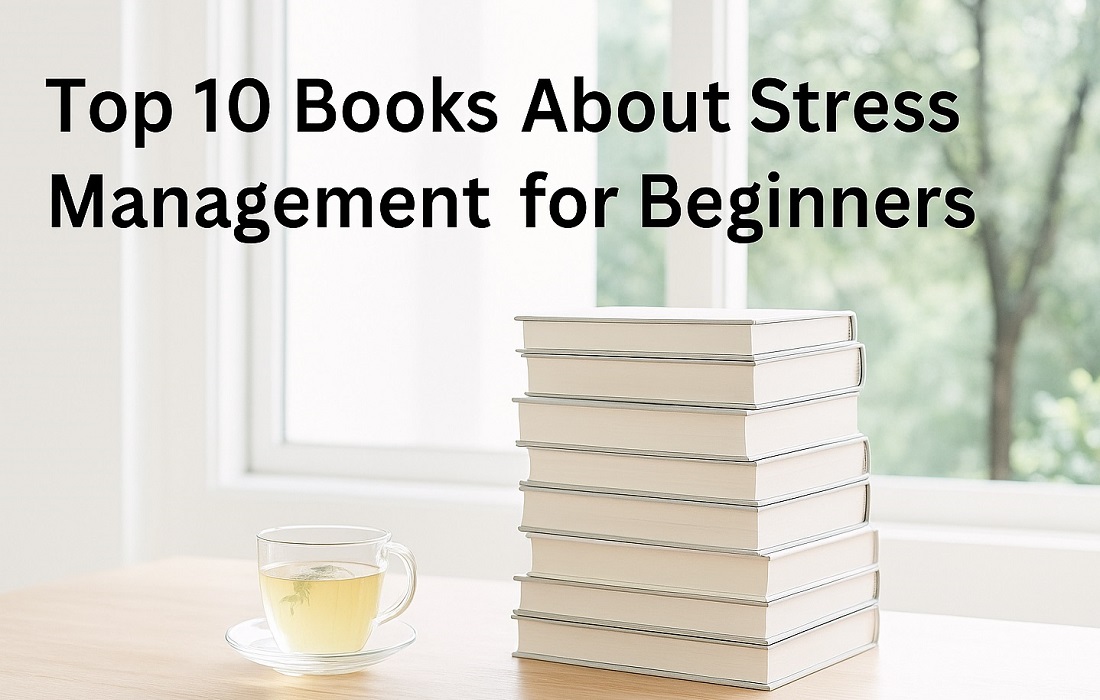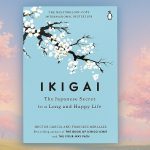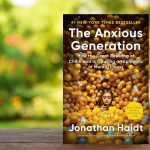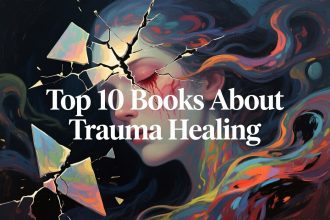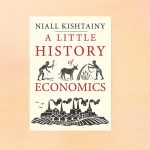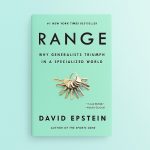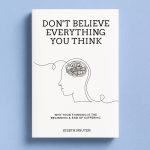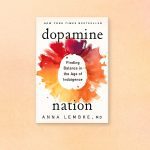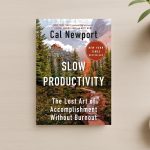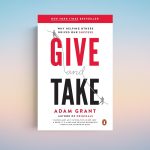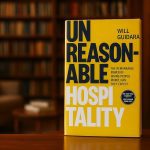Stress is a universal experience-whether caused by work deadlines, family responsibilities, or the constant hum of life’s demands. For beginners, learning to manage stress effectively can transform mental well‑being, physical health, and overall quality of life. The right books can serve as personal coaches, offering science‑backed tools, practical exercises, and a fresh perspective on life’s challenges. This list gathers Top 10 Books About Stress Management for anyone starting their journey toward mastering stress.
Top 10 Books About Stress Management
1. The Relaxation and Stress Reduction Workbook by Matthew McKay
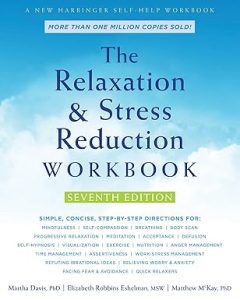
First published in the late 1970s and continually updated, The Relaxation and Stress Reduction Workbook is a trusted go‑to for practical stress management. Designed like a toolkit, each chapter focuses on a specific method-progressive relaxation, visualization, deep breathing, time management, assertiveness, and more. Rather than prescribing a “one‑size‑fits‑all” solution, it invites readers to experiment with various techniques and build a personalized stress‑reduction plan. For beginners, the strength of this book lies in its clarity and structure: easy‑to‑follow exercises, clear explanations of why they work, and adaptability for any lifestyle. Each chapter works as a mini‑lesson-read, try, and tweak-so that even small daily commitments can accumulate into big results. Its blend of psychology, mindfulness, and physical relaxation makes it versatile for different personalities and needs. While rooted in decades‑old research, the book incorporates contemporary evidence, reinforcing that these core practices remain timeless. It’s a hands‑on, friendly, and non‑judgmental companion for anyone ready to wrestle stress into a manageable place in life.
2. Full Catastrophe Living by Jon Kabat‑Zinn
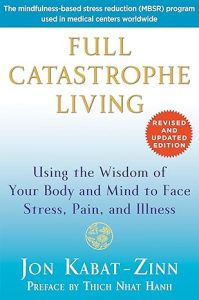
Jon Kabat‑Zinn’s Full Catastrophe Living is the cornerstone text of Mindfulness‑Based Stress Reduction (MBSR), a program he developed at the University of Massachusetts Medical Center. The title, drawn from a line in Zorba the Greek, reflects Kabat‑Zinn’s philosophy: life’s “full catastrophe” includes not just disasters, but everything-the joy, pain, and unpredictability of being human. The book teaches mindfulness meditation as a way to radically change one’s relationship with stress, pain, and illness. Beginners will find its step‑by‑step explanations deeply supportive, starting with simple breathing and body awareness practices, then integrating mindful movement like yoga. Kabat‑Zinn blends personal anecdotes, research evidence, and guided exercises to show that mastering stress is less about controlling external events and more about transforming internal responses. Its strength lies in connecting emotional well‑being with physical health, making it relevant for those managing chronic conditions as well as everyday tension. While its 600+ pages may seem daunting, it’s a book to absorb slowly, using it as both a manual and a source of inspiration over time. For anyone wanting to start mindfulness with depth and guidance, this is a definitive starting point.
3. The Upside of Stress by Kelly McGonigal
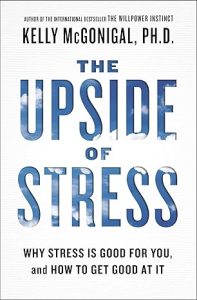
In The Upside of Stress, health psychologist Kelly McGonigal challenges one of the most pervasive beliefs in modern life: that stress is inherently harmful. Drawing on years of research, she argues that our mindset about stress-whether we view it as harmful or helpful-can dramatically alter its effects on our health and performance. Instead of waging war on stress, McGonigal invites readers to reframe it as energy for growth, connection, and meaning. She presents practical strategies, like how to use stress to boost resilience, foster social bonds, and align with personal values. For beginners, the appeal of this book is its optimism-it shifts the conversation from avoidance to empowerment. The anecdotes are inspiring, from firefighters thriving under intense pressure to students channeling anxiety into focus. Instead of promising a stress‑free life, McGonigal offers tools to make stress work for you, making it particularly relevant for people who can’t just walk away from demanding careers or responsibilities. It’s a science‑grounded, yet motivational read that may change how you react in your very next high‑pressure moment.
4. Wherever You Go, There You Are by Jon Kabat‑Zinn
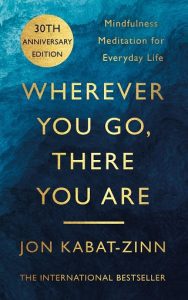
This short, accessible guide distills mindfulness into daily life without requiring formal meditation retreats or complex new routines. Each chapter is just a few pages, making it approachable for beginners who want to integrate stress‑reduction practices gradually. Kabat‑Zinn encourages readers to approach the present moment without judgment, whether that’s during the morning commute or washing dishes. The simplicity is its genius-there’s no pressure to “master” meditation; instead, mindfulness becomes a flexible tool for handling whatever life throws your way. The book’s gentle tone and poetic language make it not only instructional but calming to read in itself. At its core, the message is that stress often arises when we resist what is happening, and by becoming more present, we can accept and engage with life’s challenges more peacefully. Ideal for those feeling too busy or overwhelmed to add “another thing to do,” it shows that stress management can be woven into the fabric of everyday living.
5. Burnout by Emily Nagoski and Amelia Nagoski
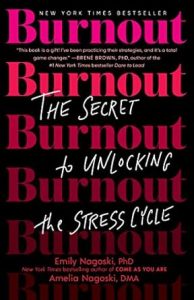
Burnout focuses on a particularly modern stress challenge: emotional exhaustion, especially among women balancing multiple roles. The Nagoski sisters explain that stress is a cycle, not a one‑time event-your body needs to complete the cycle for stress to truly dissipate. Through science‑based explanations and relatable stories, they show how to “close the stress loop” using movement, creativity, laughter, and connection. Beginners will appreciate the book’s blend of empathy and actionable steps; the authors don’t just highlight the problem, they map the way out. One of its key takeaways is the distinction between stressors (like deadlines) and stress itself (your physiological response). Even if the stressor can’t be removed, you can still signal to your body that it’s safe to recover. The tone is conversational, the advice grounded in research, and there’s a strong emphasis on self‑compassion. It’s a must‑read for those feeling persistently “on edge” and wondering why rest alone isn’t fixing the problem.
6. When the Body Says No by Gabor Maté
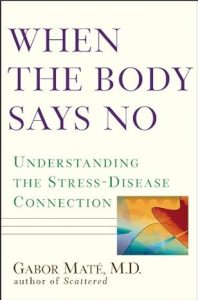
Physician Gabor Maté explores the powerful connection between emotional stress and physical illness. Drawing from clinical case studies, medical research, and his own practice, Maté shows how chronic stress-especially when suppressed or ignored-can contribute to conditions ranging from autoimmune disease to cancer. For beginners, the book provides an eye‑opening look at why stress management is not simply about “feeling better” emotionally, but about protecting long‑term health. Maté emphasizes self‑awareness, emotional honesty, and healthy boundaries as essential tools. While some of the medical concepts require attention, his compassionate storytelling makes the message resonate. The recurring theme: our bodies keep the score, and taking steps to reduce stress is an act of self‑preservation at the deepest level.
7. First, We Make the Beast Beautiful by Sarah Wilson
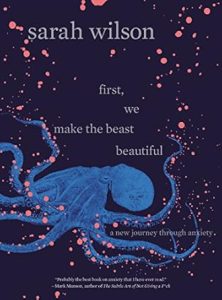
Australian journalist Sarah Wilson offers a highly personal exploration of anxiety and stress in First, We Make the Beast Beautiful. Blending memoir, interviews, and philosophy, Wilson reframes anxiety as a force that can be harnessed for creativity, sensitivity, and deep thinking. For beginners dealing with stress tied to anxiety, this book offers both comfort and unconventional tools. Wilson’s writing is intimate and disarmingly honest, tackling meditation mishaps, perfectionism, and the art of slowing down. Instead of prescribing a rigid program, she invites readers into a conversation-sometimes messy, often funny, always human-about living with high sensitivity in a frantic world.
8. Stress‑Proof by Mithu Storoni
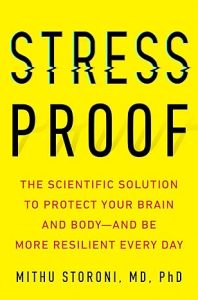
Neuroscientist Mithu Storoni condenses cutting‑edge brain research into seven rules for resilience under stress. These rules range from controlling inflammation through nutrition and sleep to using specific mental strategies to improve response to daily pressures. The book’s major strength for beginners is its scientific grounding presented in relatable language-it’s research without the jargon. Storoni provides actionable habits that can be integrated immediately, making this ideal for readers who want a checklist of practical, evidence‑based changes to reduce stress load.
9. How to Stop Worrying and Start Living by Dale Carnegie
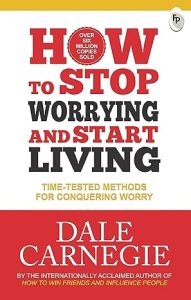
Although written decades ago, Dale Carnegie’s advice on worry management remains surprisingly relevant. He offers principles like focusing on today’s tasks, accepting the worst to move forward, and keeping busy to silence anxiety. The book is filled with real stories of people who overcame crippling worry. For beginners, its conversational style and bite‑sized lessons make it easy to dip in and out as needed. While some examples feel dated, the underlying principles are timeless stress‑management tools.
10. Radical Acceptance – Tara Brach
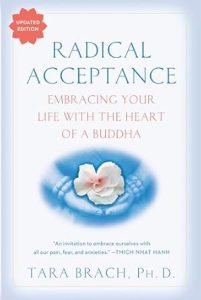
Psychologist and meditation teacher Tara Brach blends Buddhist psychology with Western psychotherapy to show how self‑judgment intensifies stress and suffering. Her concept of “Radical Acceptance” involves meeting the moment-and ourselves-with full compassion and presence. Beginners will find her guided meditations, stories, and reflective exercises both calming and transformative. It’s ideal for those whose stress is amplified by self‑criticism or perfectionism, offering a pathway out of constant internal pressure.
Conclusion
Learning to manage stress is not about building a bubble where nothing challenging ever happens-it’s about developing the skills, mindsets, and habits to navigate life’s pressures with greater ease and resilience. These Top 10 Books About Stress Management offer a blend of science, practical exercises, inspiring stories, and compassionate guidance. For beginners, even one idea or tool from any of these titles can make a tangible difference in daily calm, health, and happiness. Stress may be inevitable, but suffering under it doesn’t have to be.
Engage with Us: What Are Your Favorite Books?
